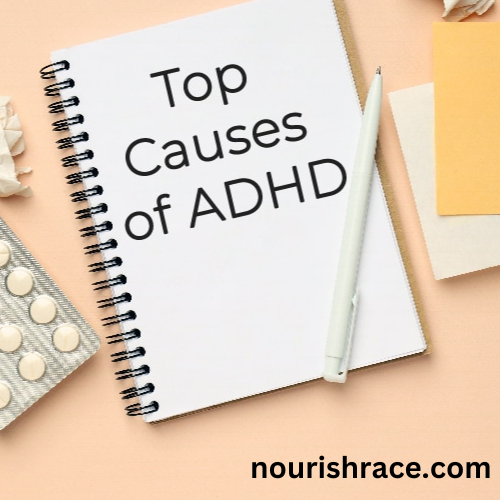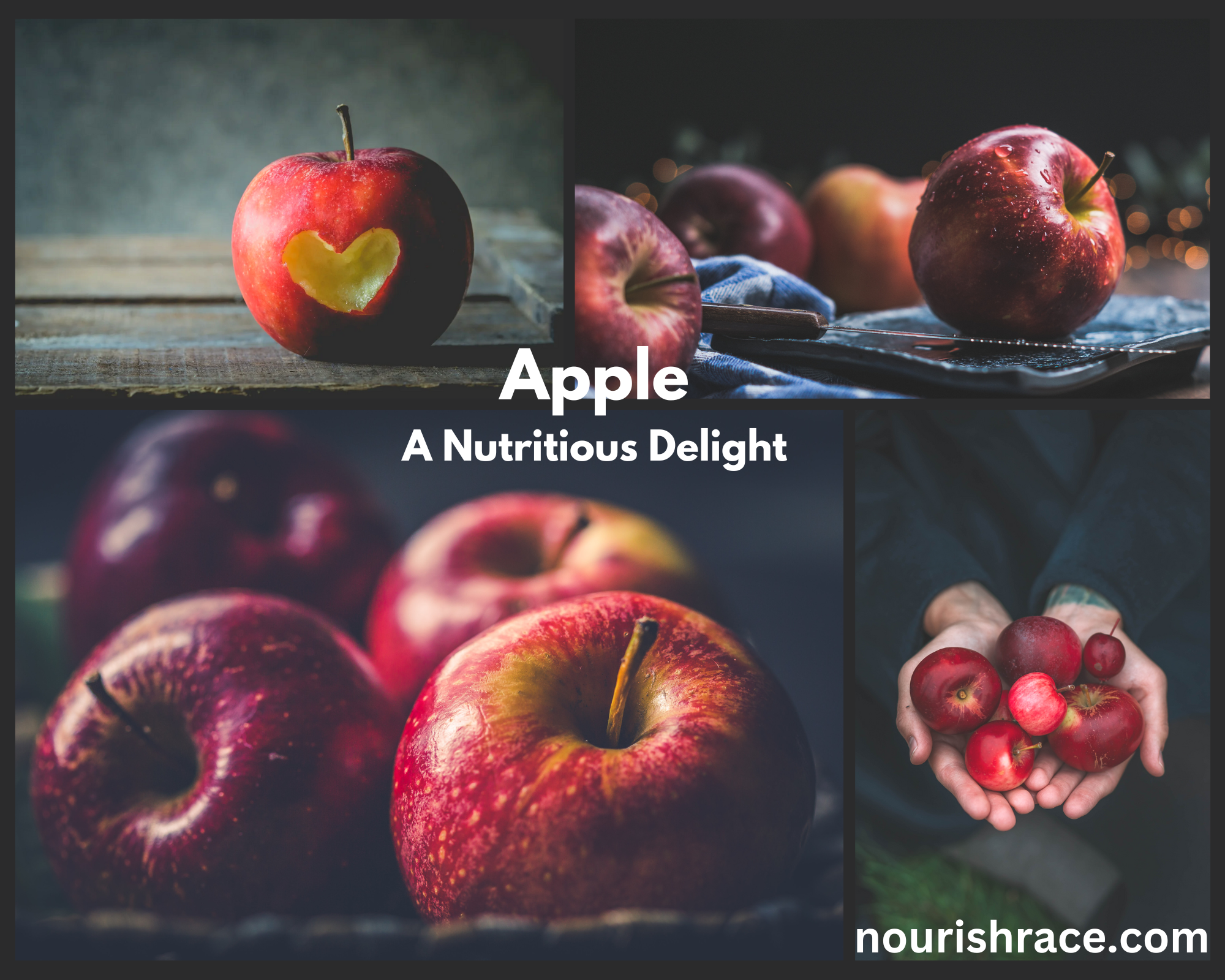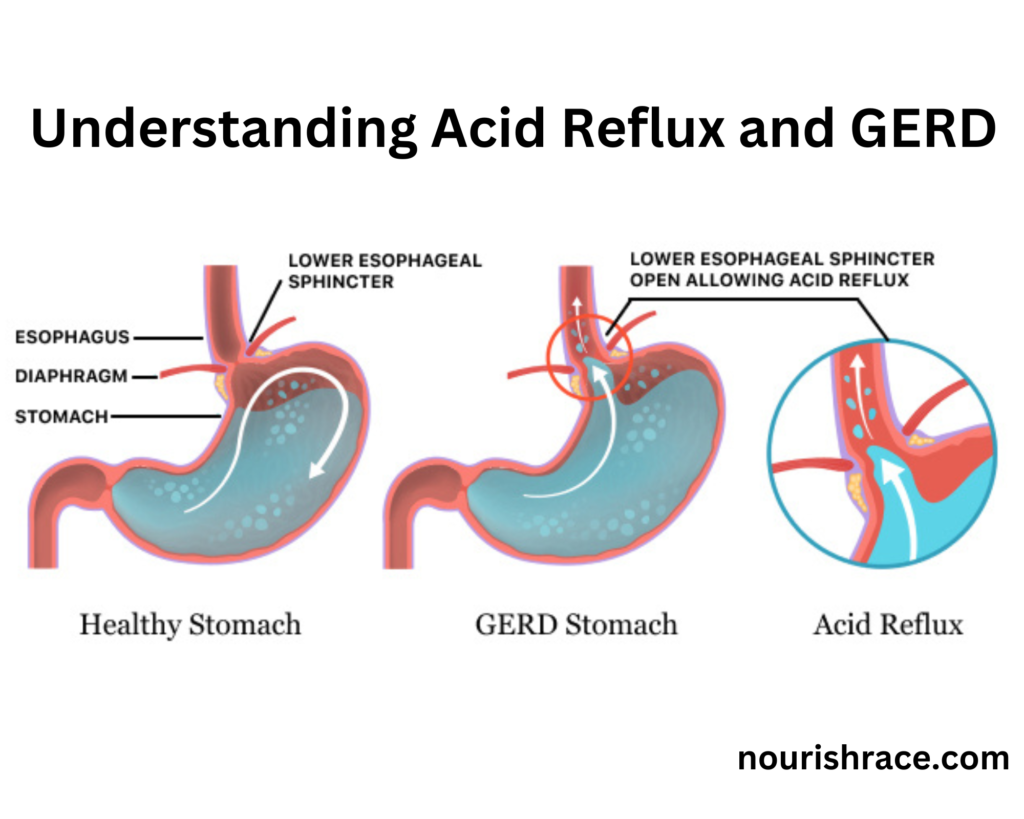What is Anxiety?
Anxiety disorders come in different forms, including: Anxiety disorders come in different forms. Generalized anxiety disorder (GAD) involves excessive worry. Social anxiety disorder makes social interactions scary. Panic disorder leads to sudden, intense fear. There’s also specific phobias and separation anxiety disorder.

Symptoms of Anxiety
Common symptoms include:
- Constant worry
- Restlessness
- Trouble concentrating
- Physical symptoms like a racing heart, sweating, and headaches
- Insomnia
Anxiety Attacks
A panic or anxiety attack can cause physical symptoms such as a rapid heartbeat, sweating, shaking, dizziness, and trouble breathing. If you have them often, talk to your doctor about whether therapy or medication could help you. You can also learn to calm yourself with breathing and relaxation techniques. These attacks can be very frightening but typically peak within minutes.
Causes of Anxiety
Several factors contribute to anxiety disorders:
- Genetics: Family history of anxiety.
- Stressful life events: Trauma, loss of a loved one.
- Chemical imbalances: Neurotransmitter imbalances in the brain.
Risk Factors of Anxiety
Factors increasing the risk of developing anxiety include:
- Family history of anxiety or depression
- Exposure to stressful or traumatic events
- Shy or reserved temperament
- Chronic medical conditions
- Substance abuse
Tests for Anxiety
Diagnosing anxiety involves:
- Physical exam: To rule out other conditions.
- Psychological evaluation: Assess symptoms and severity.
- Questionnaires: Standardized tests to evaluate anxiety levels.

Natural Remedies for Anxiety
Natural remedies for anxiety may include:
- Exercise
- Meditation and Yoga
- Healthy Diet
- Adequate Sleep
- Relaxation
- Journaling
- Aromatherapy
- Herbal teas
- Herbal supplements
- Time with animals
Explore us on; https://nuorishrace.com/unlocking-the-adhd/
Anxiety and Depression
| Aspect | Anxiety | Depression |
| Focus of Thoughts | Worry about the future | Sadness about the past |
| Common Symptoms | – Restlessness | – Feeling very sad |
| – Racing thoughts | – No interest in activities | |
| – Excessive worry | – Tiredness | |
| – Physical symptoms like sweating | – Changes in eating or sleeping habits | |
| – Trouble concentrating | – Trouble sleeping or sleeping too much | |
| Physical Symptoms | – Fast heartbeat | – Aches and pains |
| – Shortness of breath | – Moving or talking slowly | |
| – Muscle tension | – Digestive issues | |
| – Headaches | – Headaches | |
| Behavioral Changes | – Avoiding certain situations | – Withdrawing from social activities |
| – Seeking reassurance | – Decreased productivity | |
| Duration | – Can come and go | – Lasts most of the day, nearly every day |
Anxiety and Stress
Stress and anxiety are closely linked. Stress is any demand placed on your brain or physical body. Any event or scenario that makes you feel frustrated or nervous can trigger it. Anxiety is a feeling of fear, worry, or unease. While it can occur as a reaction to stress, it can also happen without any obvious trigger.
Anxiety and Alcohol
Some people use alcohol to cope with anxiety, but this can worsen symptoms. Alcohol:
- Interferes with medications
- Increases the risk of addiction Reducing or eliminating alcohol improves anxiety management.
Foods that Help with Anxiety
Foods naturally rich in magnesium may, therefore, help a person to treat anxiety. Examples include leafy greens, such as spinach and Swiss chard. Other sources include legumes, nuts, seeds, and whole grains. Foods rich in zinc such as oysters, cashews, and liver, beef, and egg yolks have been linked to lowered anxiety.
Prevention of Anxiety
Preventing anxiety involves lifestyle changes:
- Regular exercise
- Balanced diet
- Good sleep habits developing strong social networks and practicing mindfulness can also help.
Treatment for Anxiety
With proper treatment, the outlook for anxiety is positive. Many people treated through:
- Therapy
- Medication
- Lifestyle changes
- It’s important to seek help and adhere to treatment plans for the best results.

For more detailed information on anxiety disorders, visit;




